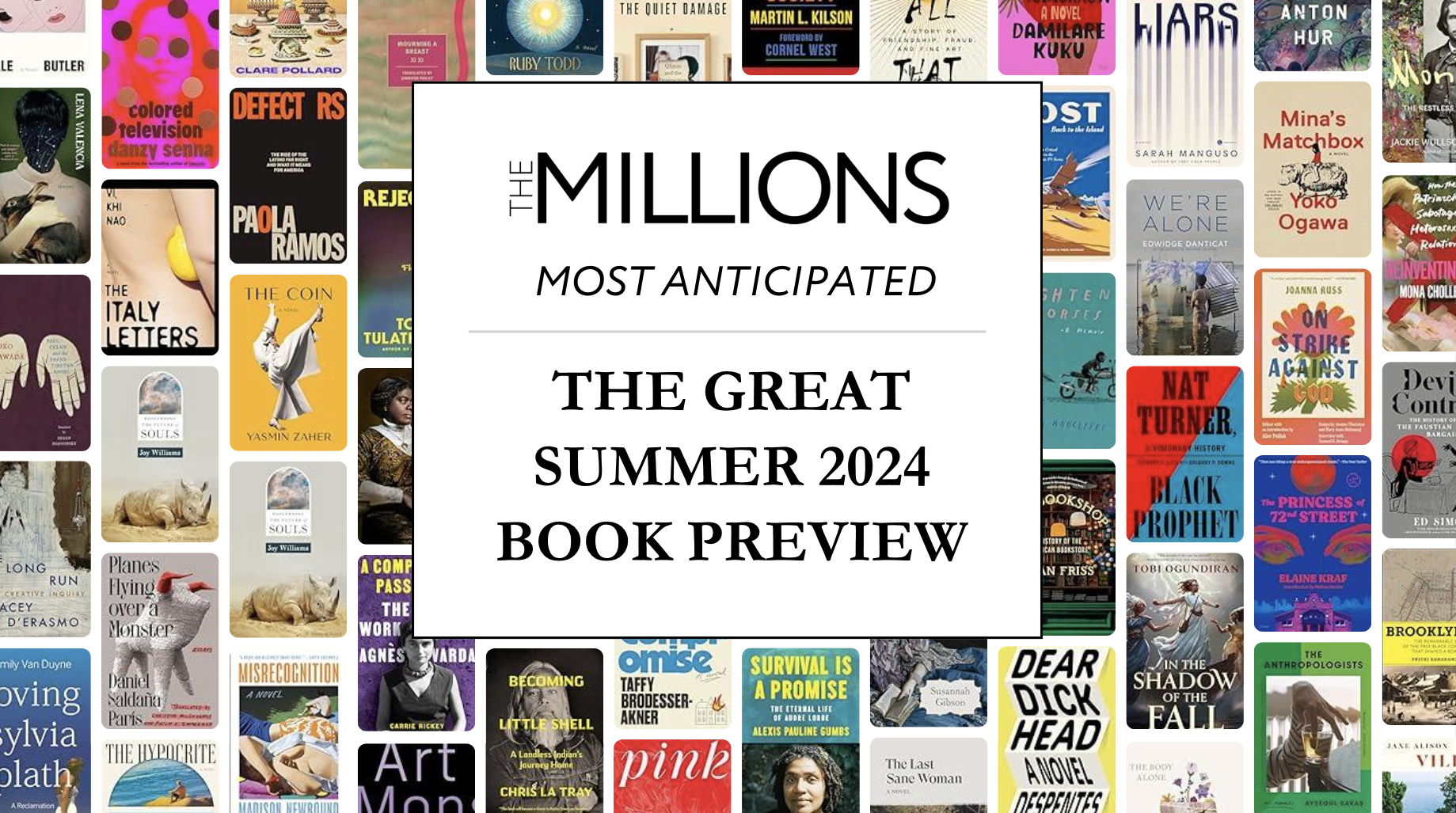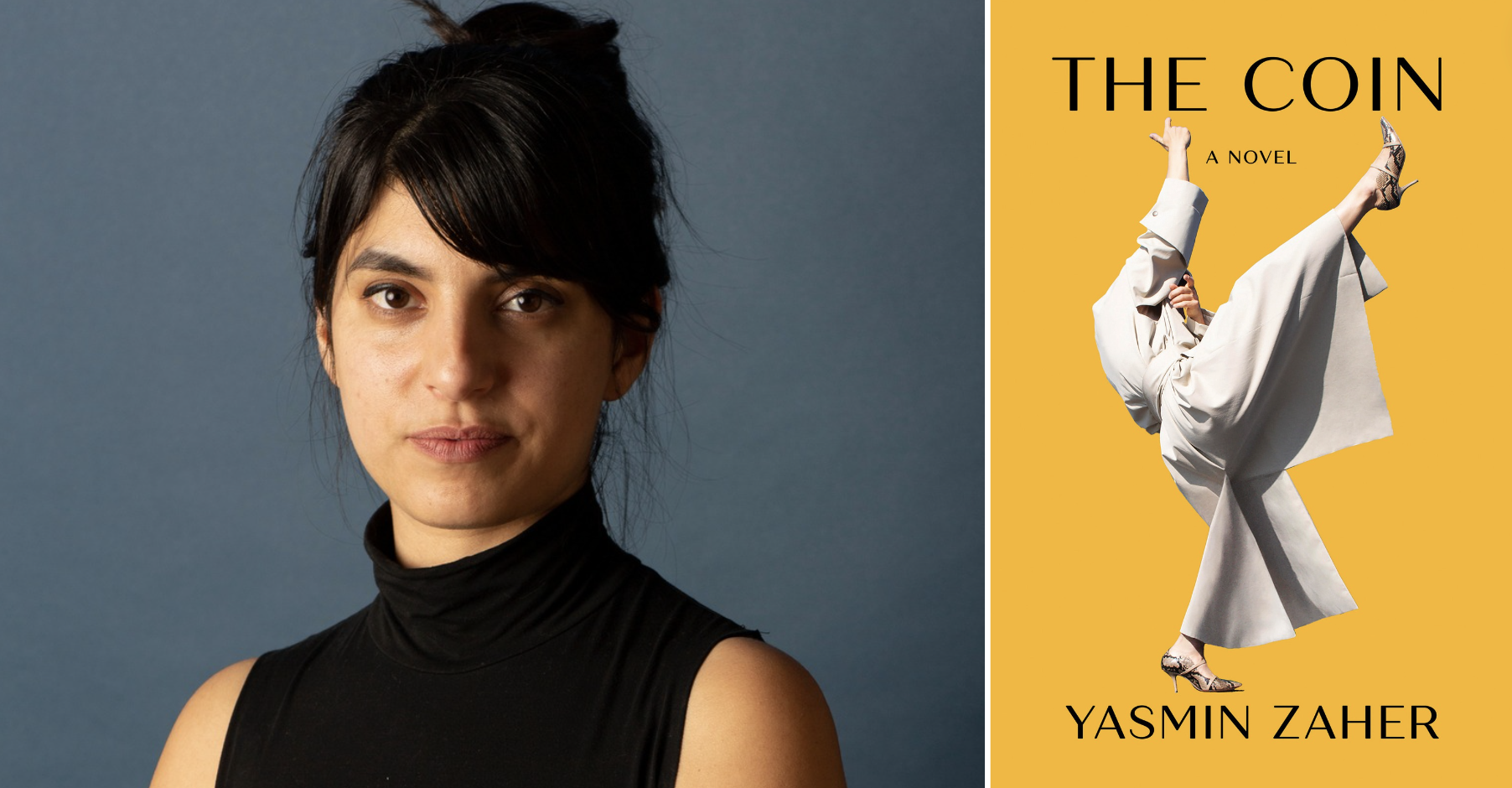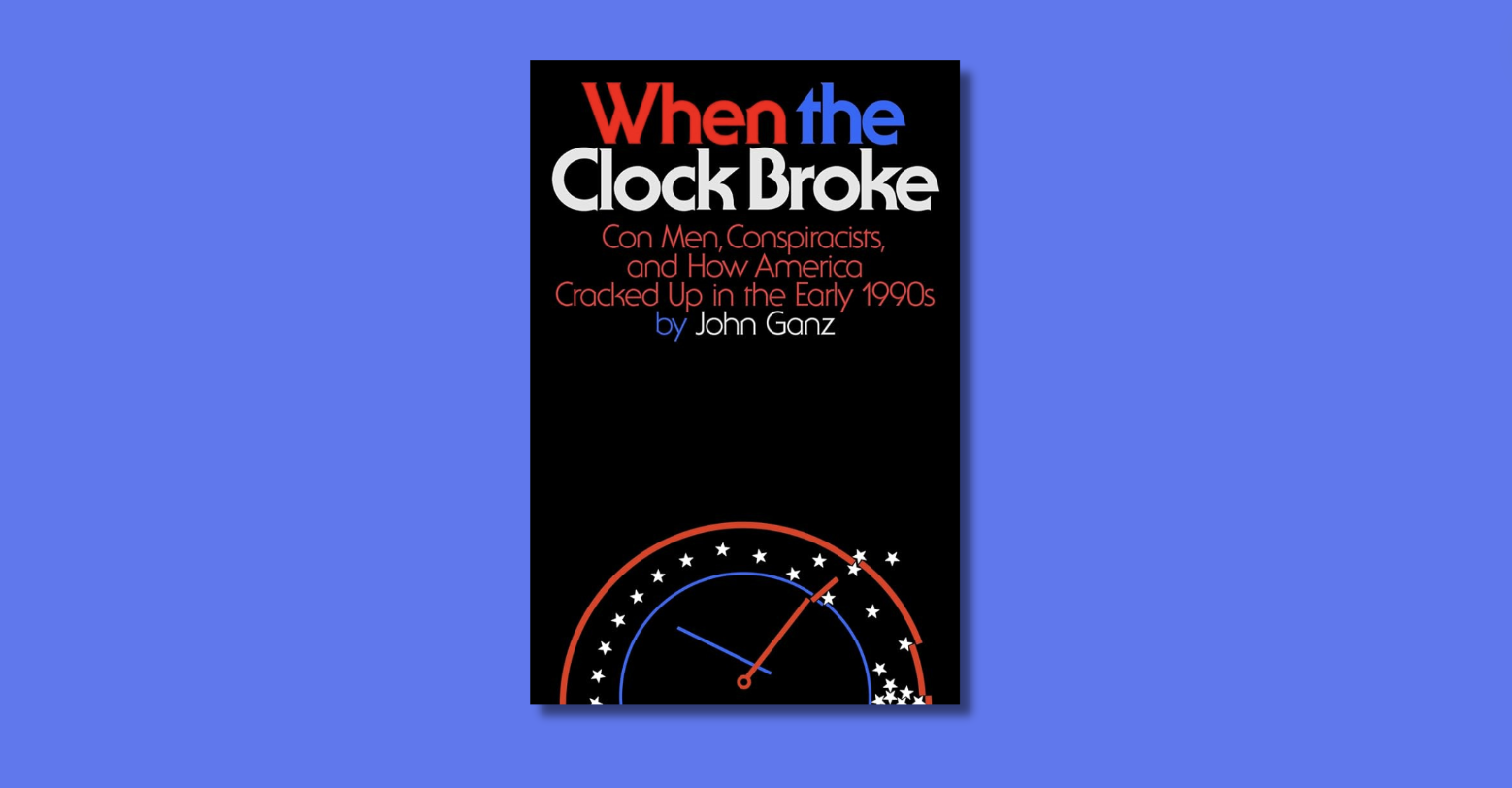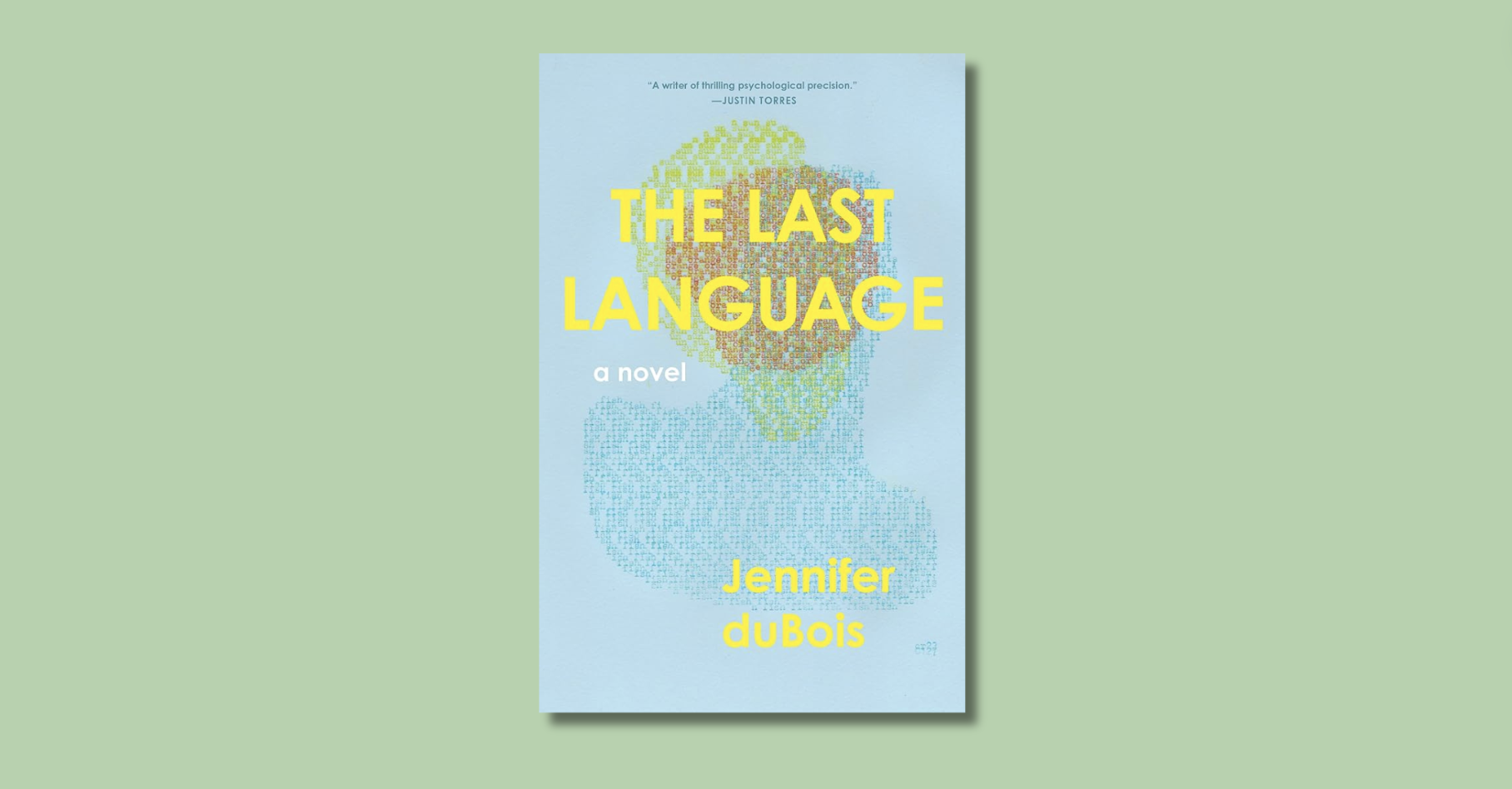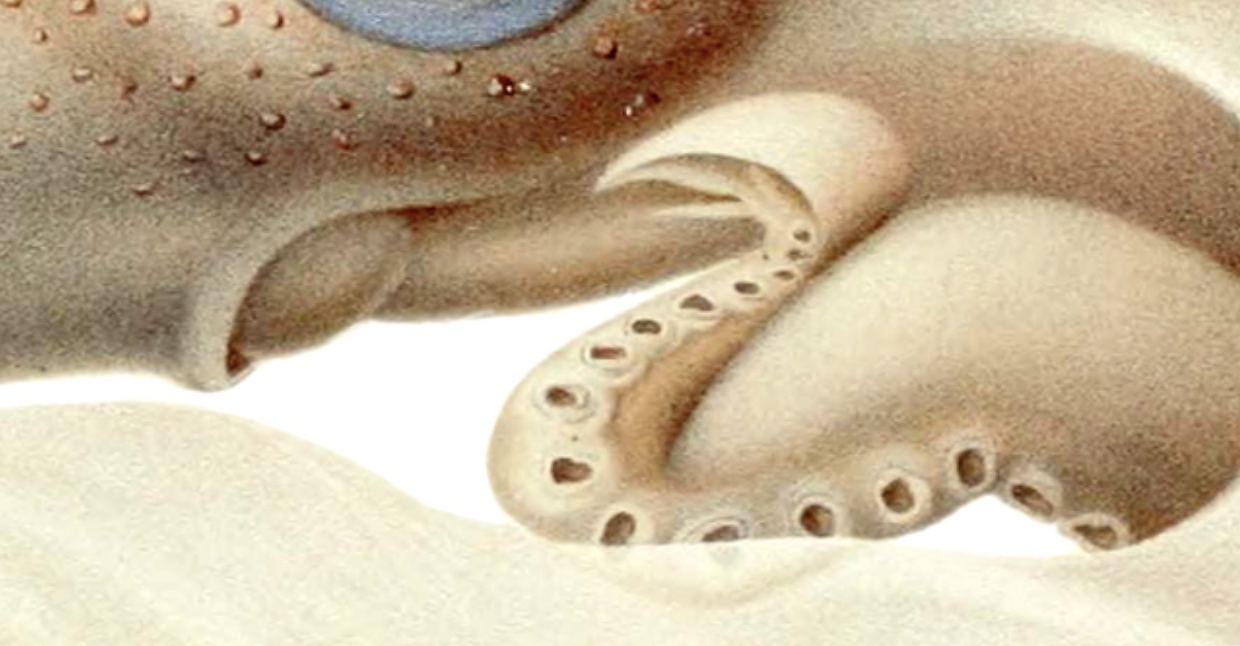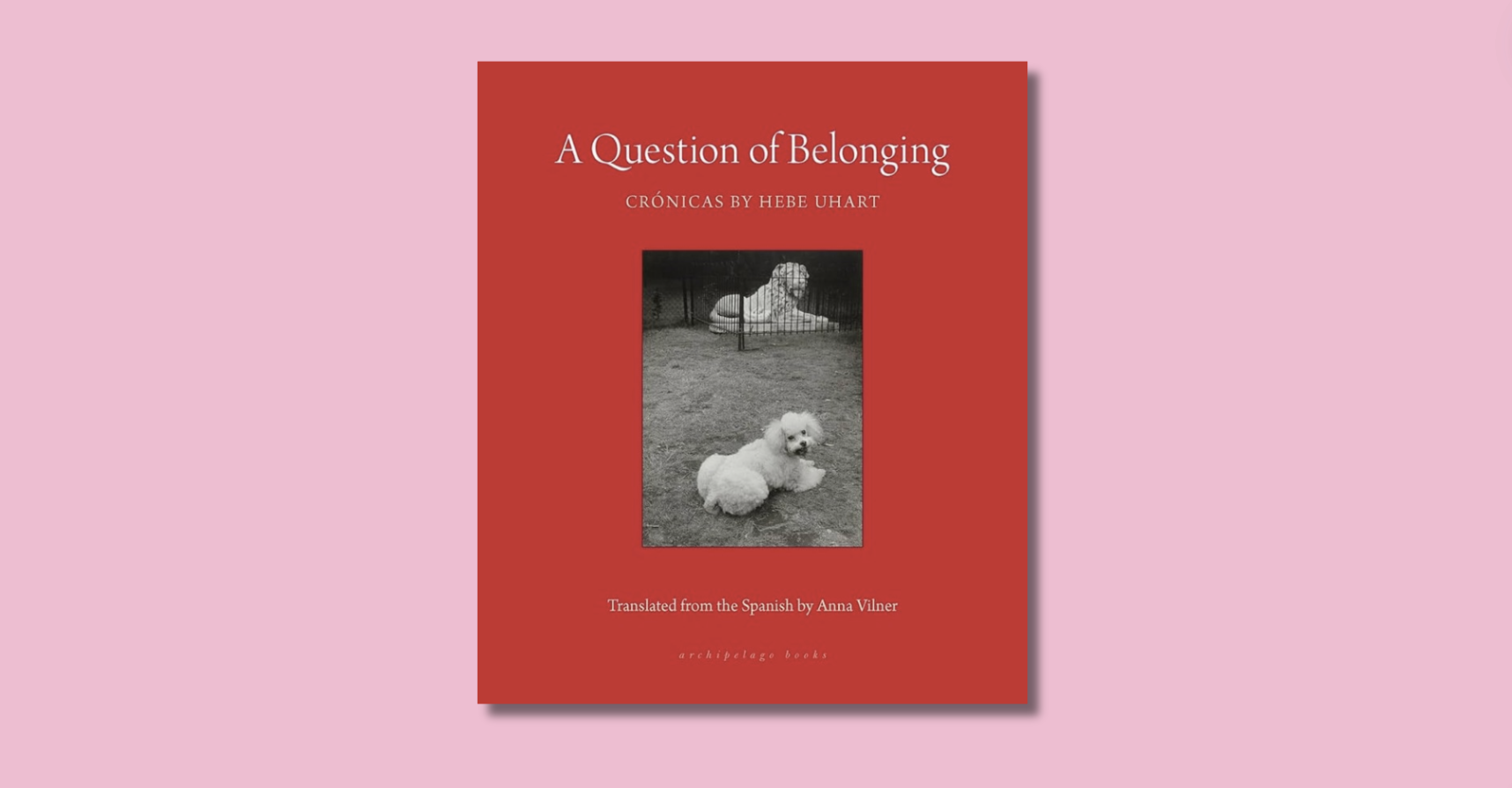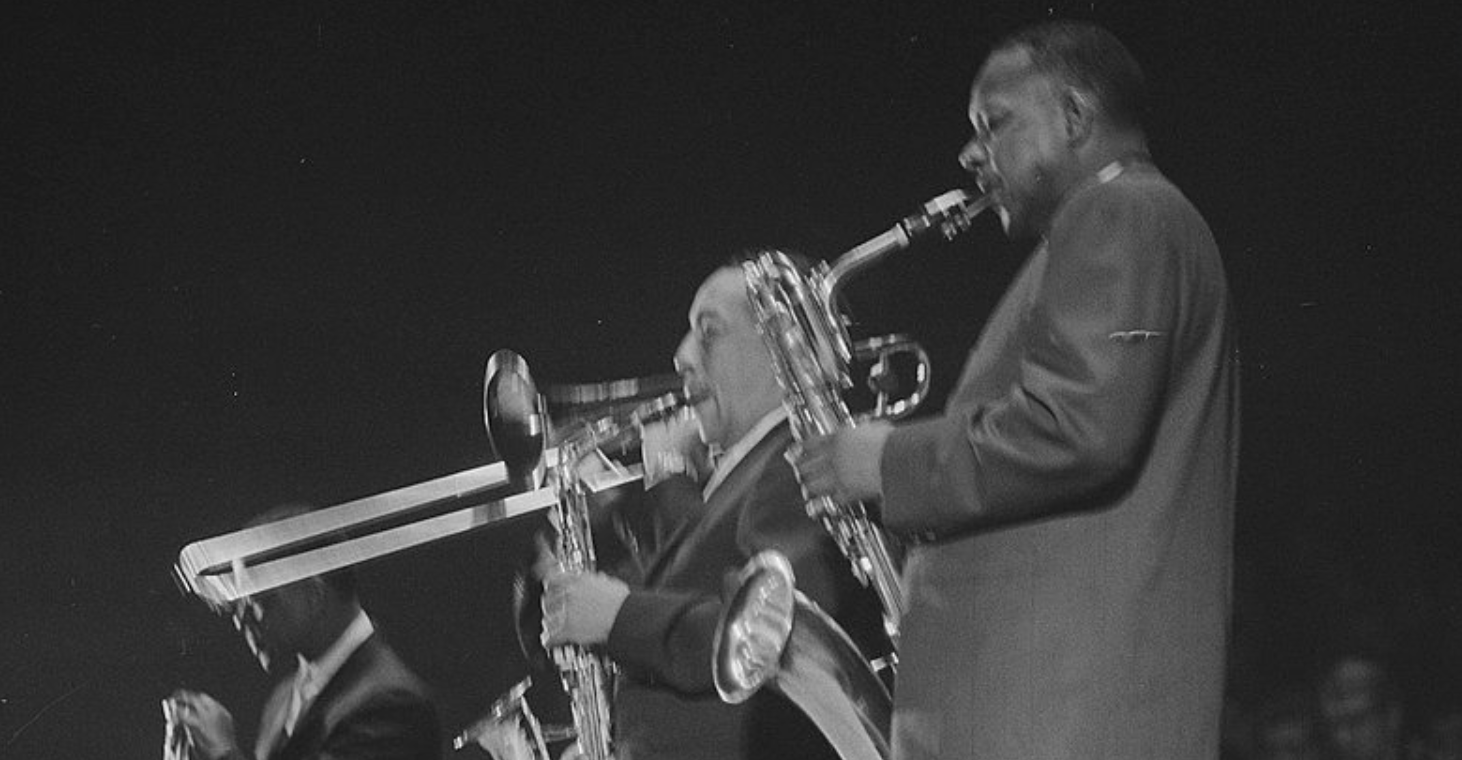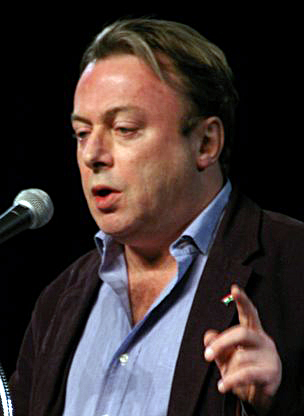 Could anyone keep up with the Hitch? Was there another writer on the planet who could churn out a few essays, dispatch a book review, quell a bloated pastor, give a lecture in New York, get beat up by fascists in Beirut, and still find the time (and stamina) to empty a bottle or two — before getting down to do some serious work?
Could anyone keep up with the Hitch? Was there another writer on the planet who could churn out a few essays, dispatch a book review, quell a bloated pastor, give a lecture in New York, get beat up by fascists in Beirut, and still find the time (and stamina) to empty a bottle or two — before getting down to do some serious work?
I ask because in practically every tribute printed in the days and weeks after Hitchens’s death last year, a prodigiously long lunch in the late writer’s company was dimly recalled, and the attendant week-long hangover spoken of in hushed tones of corporeal humility. To wit, Hitchens’s friend Christopher Buckley:
One of our lunches, at Café Milano, the Rick’s Café of Washington, began at 1 P.M., and ended at 11:30 P.M. At about nine o’clock (though my memory is somewhat hazy), he said, “Should we order more food?” I somehow crawled home, where I remained under medical supervision for several weeks, packed in ice with a morphine drip. Christopher probably went home that night and wrote a biography of Orwell. His stamina was as epic as his erudition and wit.
I stayed with him in Washington when he was married to Eleni Meleagrou. I was reading at the Library of Congress. As Eleni and I were having tea, Christopher came in, fresh from California, reeking of fags and booze. He had been debating with Alexander Cockburn. “Drink?” I said I never drank before a reading. “Gosh,” he said and poured himself a big brandy and Campari. For the next two hours, he put it away. Then we went to the Library of Congress. Afterwards we went to several bars. By 1 a.m. I was speechless with drink and Hitch was in spate…I don’t remember going to bed. I got up at 7 and found my way to the bathroom, wary as a seal, in case my headache exploded. Hitch was in his study, at his desk, a glass of brandy and Campari to hand, a cigarette immolating itself in the ashtray. He was writing a piece.
And finally the writer Benjamin Kunkel:
“An orange juice,” I said to Hitchens in the Old Town Bar, where when I arrived he’d been amiably baiting an occasional cartoonist for The New Republic. “I’m just getting over the flu.”
“Fuck off!” he replied — he later wrote a paean to the expression for Slate — and ordered me a Johnny Walker Black […]
I emerged from the Old Town Bar in a barely ambulatory state, Hitchens and I embraced each other on a street corner like parting lovers, and we never saw each other again. I asked him once if I could use his name in a pitch I wrote as a young freelancer on the make, and he said by all means: “May you flourish!”
You get the picture: a lunch with the Hitch was an unforgettable honor for which, if you couldn’t keep up (and who could?), you paid the price. This was his public image: the long-lunching orator, the scotch-swilling scrivener, the fag-smoking provocateur. After paying Hitchens a visit in Washington D.C. in 2006, the Danish journalist Martin Krasnik confessed to feeling almost physically in love with his host. I know the feeling: I met Hitchens at the 2010 PEN World Voices Festival. Filling in for Sherman Alexie, Hitchens had jetted up to New York from D.C. to deliver the Arthur Miller Lecture in Cooper Union’s Great Hall (the same venue where, two years later, I was lucky enough to attend Vanity Fair’s Memorial Service for him). After a typically engaging talk, and an equally entertaining on-stage conversation with Salman Rushdie, Hitchens milled about among fans and friends off-stage. I caught him there and introduced myself. “It’s an honor to meet you,” I quivered. “If you say so,” he quipped. I went on to explain that I was from Denmark and wanted to thank him for his very vocal support of the Danish cartoonists back in 2006. He leaned in and put his hand on my shoulder. “Don’t let them fuck you around,” he said, before wandering off.
As an orator and rhetorician, the Hitch was notorious. Martin Amis recalls that when he was in Cyprus to be best man at Hitchens’s first wedding in 1980, he would spend his mornings decamped by the pool, whereas Hitchens would often show up in a suit and announce his immediate intention of going to the bar to find someone to argue with. “Ideally my day will include at least five arguments,” he told Martin Krasnik. It was a compulsion, as the proliferation of Hitchens’s appearances on political talk shows and news hours in the last decade of his life showed. There he was — debunking the inflated achievements of crooks like Jerry Falwell, picking fights with pious men of faith, or calling for the arrest and trial of war criminals like Henry Kissinger. (Once, as Kissinger was delivering a lecture in Pittsburgh, Hitchens used a fellow journalist’s press pass to enter an auditorium and heckle the audience with cries of “Toads! You’re all toads who’ve come to listen to a toad!” before getting himself thrown out by security guards.)
 Despite these shenanigans, Hitchens was inspired and formed by his descent, in the early 1970s, on literary London, where he met a glittering generation of fellow English writers — novelists, essayists, poets, playwrights, journalists — with whom he formed lifelong friendships based on mutual admiration and a shared brew of private jokes and word games. It was there in the pubs and bars and editorial offices that Hitchens first got a whiff of his career as a political man of letters. As he tells it in Hitch-22:
Despite these shenanigans, Hitchens was inspired and formed by his descent, in the early 1970s, on literary London, where he met a glittering generation of fellow English writers — novelists, essayists, poets, playwrights, journalists — with whom he formed lifelong friendships based on mutual admiration and a shared brew of private jokes and word games. It was there in the pubs and bars and editorial offices that Hitchens first got a whiff of his career as a political man of letters. As he tells it in Hitch-22:
If ever anyone was “hooked,” it was me. The network of streets and lanes and squares roughly between Blackfriars Bridge and Ludgate Circus and Theobalds Road and Covent Garden had me in thrall. So they do still, in their way. This was the district that stretched from the Marx Memorial Library on Clerkwell Green to the British Museum Reading Room where the old boy had done his best work. Extending itself a bit to the north and colonizing Charlotte Street up to Fitzroy Square, it became the area where Anthony Powell had located some of his more louche scenes of pre- and postwar literary interpretation. Looping around itself and doubling back via Shaftesbury Avenue, the neighborhood might be said to “take in” Soho, with its little grid of streets and alleys, containing the offices of Private Eye and New Left Review, and then Gerrard Street, now “Chinatown,” in which Dr. Johnson’s “Club” of Burke, Gibbon, Reynolds, and Garrick had met (and near the corner of which I was later to take my last glimpse of my mother). In these and other purlieus was manufactured the journalistic small-arms ammunition that was to be hurled against the gigantic (but inaccurate and poorly commanded) batteries of Fleet Street’s Tory newspaper establishment, located farther east as a sort of bulwark to the City of London.
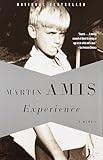 Since his death, people have wondered why Hitchens never wrote a novel. After all, he was a great lover of fiction and poetry who for many years reviewed books regularly for The Atlantic; and as the passage above illustrates (though I’d like to quibble with the word “purlieus”), his command of prose was something worth envying. But the consensus among his friends — the novelists Martin Amis and Ian McEwan in particular — was that sitting alone by yourself conjuring up imaginary people and events was not something that suited Hitchens’s temperament: he wanted to be near the action, on the front lines, fighting in the streets. They might have added that a novelist, in order to just sit there all day, must be tirelessly self-conscious. The interior life (the novelist feels) is where the real action is; everything outside of that, everything beyond the fictional, is somehow not enough. As Martin Amis puts it in his memoir Experience, real life is “thinly plotted, largely themeless, sentimental and ineluctably trite. The dialogue is poor, or at least violently uneven. The twists are either predictable or sensationalist. And it’s always the same beginning; and the same ending…”
Since his death, people have wondered why Hitchens never wrote a novel. After all, he was a great lover of fiction and poetry who for many years reviewed books regularly for The Atlantic; and as the passage above illustrates (though I’d like to quibble with the word “purlieus”), his command of prose was something worth envying. But the consensus among his friends — the novelists Martin Amis and Ian McEwan in particular — was that sitting alone by yourself conjuring up imaginary people and events was not something that suited Hitchens’s temperament: he wanted to be near the action, on the front lines, fighting in the streets. They might have added that a novelist, in order to just sit there all day, must be tirelessly self-conscious. The interior life (the novelist feels) is where the real action is; everything outside of that, everything beyond the fictional, is somehow not enough. As Martin Amis puts it in his memoir Experience, real life is “thinly plotted, largely themeless, sentimental and ineluctably trite. The dialogue is poor, or at least violently uneven. The twists are either predictable or sensationalist. And it’s always the same beginning; and the same ending…”
 Christopher Hitchens was not this kind of writer; he rarely sallied forth into the realm of the personal. Even his memoir Hitch-22, with the exception of the moving and painful portraits of his parents, is less a memoir than it is a tribute to his vocation, and to the many people he met pursuing it (he was a great teller of anecdotes). Put it like this: the Hitch was not a subject of urgent interest to the Hitch. Everything else was. In the foreword to Unacknowledged Legislation, his formidable and essential collection of essays on “Writers in the Public Sphere,” he claimed for himself Orwell’s desire to “make political writing into an art.” And just to illustrate his success in this regard, let’s take a gander at the final paragraph of his book on Orwell, Why Orwell Matters (2002):
Christopher Hitchens was not this kind of writer; he rarely sallied forth into the realm of the personal. Even his memoir Hitch-22, with the exception of the moving and painful portraits of his parents, is less a memoir than it is a tribute to his vocation, and to the many people he met pursuing it (he was a great teller of anecdotes). Put it like this: the Hitch was not a subject of urgent interest to the Hitch. Everything else was. In the foreword to Unacknowledged Legislation, his formidable and essential collection of essays on “Writers in the Public Sphere,” he claimed for himself Orwell’s desire to “make political writing into an art.” And just to illustrate his success in this regard, let’s take a gander at the final paragraph of his book on Orwell, Why Orwell Matters (2002):
If it is true that le style, c’est l’homme (a proposition which the admirers of M. Claude Simon must devoutly hope to be false) then what we have in the person of George Orwell is by no means the ‘saint’ mentioned by V. S. Pritchett and Anthony Powell. At best it could be asserted, even by an atheist admirer, that he took some of the supposedly Christian virtues and showed how they could be ‘lived’ without piety or religious belief. It may also be hoped that, to adapt the words of Auden on the death of Yeats, Time itself deals kindly with those who live by and for language. Auden added that Time ‘with this strange excuse’ would even ‘pardon Kipling and his views’. Orwell’s ‘views’ have been largely vindicated by Time, so he need not seek any pardon on that score. But what he illustrates, by his commitment to language as the partner of truth, is that ‘views’ do not really count; that it matters not what you think, but how you think; and that politics are relatively unimportant, while principles have a way of enduring, as do the few irreducible individuals who maintain allegiance to them.
The critic James Wood read this passage aloud at Vanity Fair’s Memorial Service for Hitchens, and justified his selection by claiming that, like all good criticism, this bit was really about the critic himself.
Detractors of Christopher Hitchens might want to keep that passage in mind as they go about their business of reproaching him for his “views” on, for instance, the war in Iraq. You could disagree with those views, like his close friends Martin Amis, Ian McEwan, James Fenton, and Salman Rushdie did, but the principle of anti-totalitarianism on which those views were founded seem to me worth a good deal of respect, and even admiration. In any case, a man who wrote so well and so thoughtfully, and with such Hazlittean “gusto” — his words, in writing and in speech, had that “double relish” — cannot easily be reduced to the summation of his political views, which often contradicted themselves anyway. James Wood wrote of Orwell not long ago that “contradictions are what make writers interesting. Consistency is for cooking.” The same applies to the Hitch: as Martin Amis pointed out in his eulogy at the Memorial Service, Hitchens was so argumentative, was such an auto-contrarian, that it often seemed as though the only person he thought it worthwhile to argue with was himself.
 The diagnosis of esophageal cancer in June 2010 forced self-consciousness on Hitchens. The product, Mortality, a slim but courageous volume of dispatches from “the land of malady” originally published in Vanity Fair, came about reluctantly. In a moving afterword, Carol Blue, Hitchens’s widow, tells us that “the first time Christopher went public and wrote about his illness for Vanity Fair, he was ambivalent about it. He was intent on protecting our family’s privacy. He was living the topic and he didn’t want it to become all-encompassing, he didn’t want to be defined by it. He wanted to think and write in a sphere apart from sickness.”
The diagnosis of esophageal cancer in June 2010 forced self-consciousness on Hitchens. The product, Mortality, a slim but courageous volume of dispatches from “the land of malady” originally published in Vanity Fair, came about reluctantly. In a moving afterword, Carol Blue, Hitchens’s widow, tells us that “the first time Christopher went public and wrote about his illness for Vanity Fair, he was ambivalent about it. He was intent on protecting our family’s privacy. He was living the topic and he didn’t want it to become all-encompassing, he didn’t want to be defined by it. He wanted to think and write in a sphere apart from sickness.”
The delightfully Hitch-like solution is to treat his illness as he would any other subject: with verbal flourish and twanging wit. “I see it as a very gentle and firm deportation,” he writes of his diagnosis, “taking me from the country of the well across the stark frontier that marks off the land of the malady.” And though this new land is “quite welcoming in its way,” it has its predictable lacunae of comfort: “the humor is a touch feeble and repetitive, there seems to be almost no talk of sex, and the cuisine is the worst of any destination I have ever visited.”
True to character, and as though his superb mental acuity were impervious to incorrigible bodily decline (made throat-cloggingly visible by the book’s author photo), Hitchens artfully cleaves his way through thickets of illness-related delusion. He dispenses with self-deceptions and “facile maxims” shortly after his diagnosis (one of his last articles was a tear-up of Nietzsche’s claim that “whatever doesn’t kill you makes you stronger”) and, like J.P. Jacobsen’s Niels Lyhne — a novel Hitchens admired — refuses the false comfort of religious belief to the very end: “To the dumb question ‘Why me?’ the cosmos barely bothers to return the reply: Why not?”
Best of all are the jibes and swings that illuminate the many ironies of the illness business. While at a hospital in Texas, for instance, Hitchens persuades the chaplain’s department that it is “slightly idiotic not to boast of a thirteenth floor but instead to skip from twelve to fourteen.” He even proposes a “cancer-etiquette” book after a tiresome encounter at a book-signing (a female reader, mistakenly assuming that Hitchens is interested in her cousin’s diagnosis with cancer, frustrates the author and the many other people in line to get their books signed). “I have hardly been reticent about my own malady,” Hitchens allows. “But nor do I walk around sporting a huge lapel button that reads, ASK ME ABOUT STAGE FOUR METASTISIZED ESOPHAGEAL CANCER, AND ONLY THAT.”
There is so much to admire in this short volume that, paradoxically, you occasionally forget it was composed en route to death — so coolly does Hitchens face the approach of his own end. I for one find such acceptance of death incomprehensible (when I have a cold, I lay sniveling and whining in the fetal position for a week, calling piteously for refills of Nyquil and whisky), and stubbornly share Nabokov’s urge to “take my rebellion outside and picket nature.” But to think seriously or at length about one’s death — well, as Philip Larkin put it: “it rages out / in furnace-fear when we are caught without / People or drink.”
Larkin also said that courage is no good, yet the moral import of Mortality is precisely the courage displayed by Christopher Hitchens as he fought, not against the cancer (he knew he was dying: “the thing about Stage Four is that there is no such thing as Stage Five”), but to keep writing for as long as it was mentally and physically possible. Being brave lets no one off the grave — but Mortality, as an act of writing, is an act of defiance.
Defiant unto death: how suitably Hitch.
Image Credit: Wikipedia
